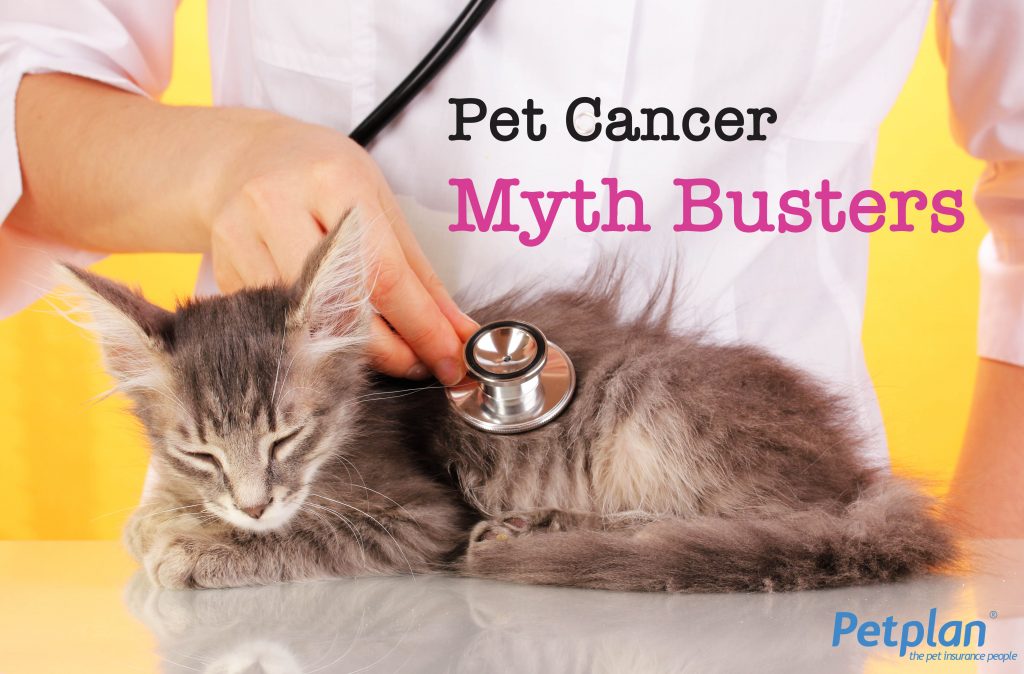
1. ???If he had cancer, he???d be sick wouldn???t he????
Most cancers don???t make your pet ???sick??? at first. The most common reason I see a pet with a poor appetite due to cancer as the first symptom is because the gut is involved (for example stomach cancer) or because a cancer of the mouth makes it hurt to eat. Even lymphoma, a cancer that is almost always body wide, most often causes obvious lumps all over the body long before it makes them unwell.
2. ???I???d know if my pet was in pain. ???
No, you wouldn???t. At least not always. Pain on the outside might make a pet cry or react when you touch the sore bit. Pain in a leg will cause a limp, though it may be subtle if close to the hip or shoulder. Pain on the inside? Cats have evolved to find no benefit in sharing their pain with others. Dogs have evolved to find benefit in HIDING their pain from others in the pack (you). If pain is obvious it???s because it???s severe enough they can???t hide it. I have lost count of the number of old dogs I see with cancer, that once put on a pain killer are better than they were years before the cancer. Why? Probably arthritis causing pain when everyone assumed they were just ???slowing down with age???. So how do vets manage this pain problem? Simple; if some people would be in pain with the same problem, it???s worth a trial of pain killers.
3. ???If cancer is there, it has to cause some symptoms.???
No, it doesn???t. In fact every cancer goes through often a lengthy period of months or years without any symptoms at all. The best way to show this is in people. 98 out of 100 people over 70 years old have thyroid cancer ??? don???t worry because in 90 of those 98 it never grows and never causes a problem and never causes symptoms. The point is, cancer by itself is just a bunch of cells. For it to cause symptoms it has DO something. Which leads nicely back to where I started!
For the real facts about Pet Cancer Symptoms visit Dr. Ken Wyatt’s Pet Cancer Symptoms??blog.
This article was written by Dr Ken Wyatt, BSc BVMS FANZCVS, Registered Specialist in??Veterinary Oncology with Perth Veterinary Oncology, Perth Veterinary Specialists.??This blog was published in collaboration with Dr. Ken Wyatt, by the furry family at Petplan Australasia. Petplan Pet Insurance specialises in animal and animal industry insurance. Our practices keep the role that pet insurance plays in responsible pet ownership and the health of the pet at the forefront. For tips to keep your pet healthy, make sure you follow us on??Facebook.


